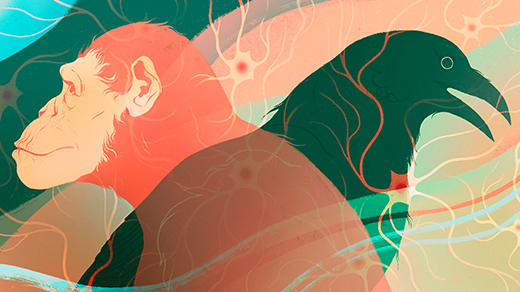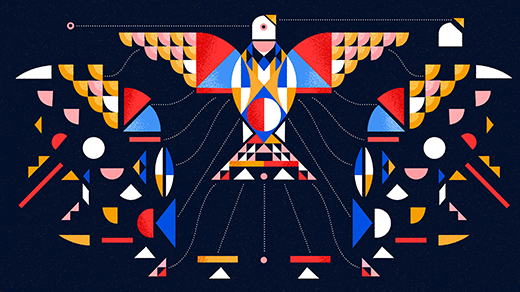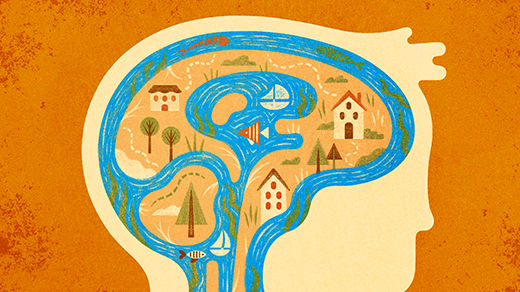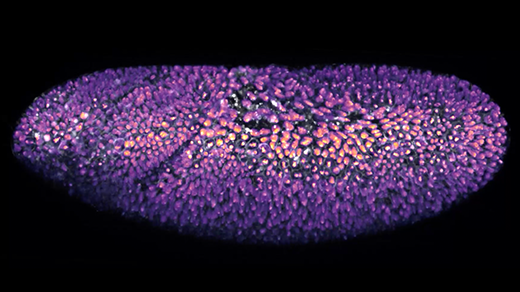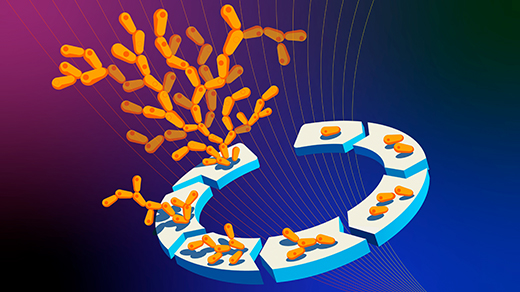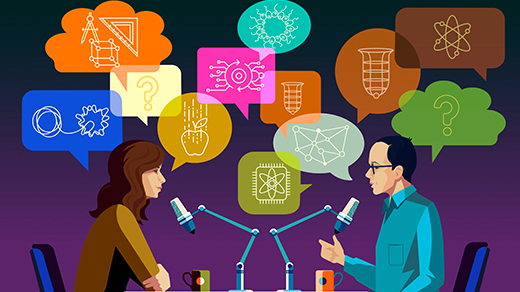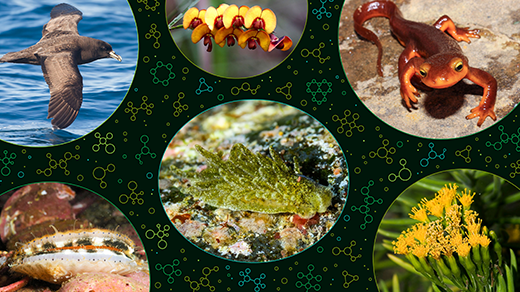What's up in
Biology
Latest Articles
Intelligence Evolved at Least Twice in Vertebrate Animals
Complex neural pathways likely arose independently in birds and mammals, suggesting that vertebrates evolved intelligence multiple times.
Why Everything in the Universe Turns More Complex
A new suggestion that complexity increases over time, not just in living organisms but in the nonliving world, promises to rewrite notions of time and evolution.
The Mysterious Flow of Fluid in the Brain
A popular hypothesis for how the brain clears molecular waste, which may help explain why sleep feels refreshing, is a subject of debate.
How Metabolism Can Shape Cells’ Destinies
A growing body of work suggests that cell metabolism — the chemical reactions that provide energy and building materials — plays a vital, overlooked role in the first steps of life.
How Did Multicellular Life Evolve?
One of the most important events in the history of life on Earth was the emergence of multicellularity. In this episode, Will Ratcliff discusses how his snowflake yeast models provide insight into what drove the transition from single-celled to multicellular organisms.
New Conversations, Deep Questions, Bold Ideas in Season Four of ‘The Joy of Why’
Steven Strogatz and Janna Levin return for a new season on major scientific and mathematical questions of our time, with 12 all-new episodes and a new format.
A New, Chemical View of Ecosystems
Rare and powerful compounds, known as keystone molecules, can build a web of invisible interactions among species.
The ‘Elegant’ Math Model That Could Help Rescue Coral Reefs
Physicists and marine biologists built a quantitative framework that predicts how coral polyps collectively construct a variety of coral shapes.
How ‘Event Scripts’ Structure Our Personal Memories
By screening films in a brain scanner, neuroscientists discovered a rich library of neural scripts — from a trip through an airport to a marriage proposal — that form scaffolds for memories of our experiences.
